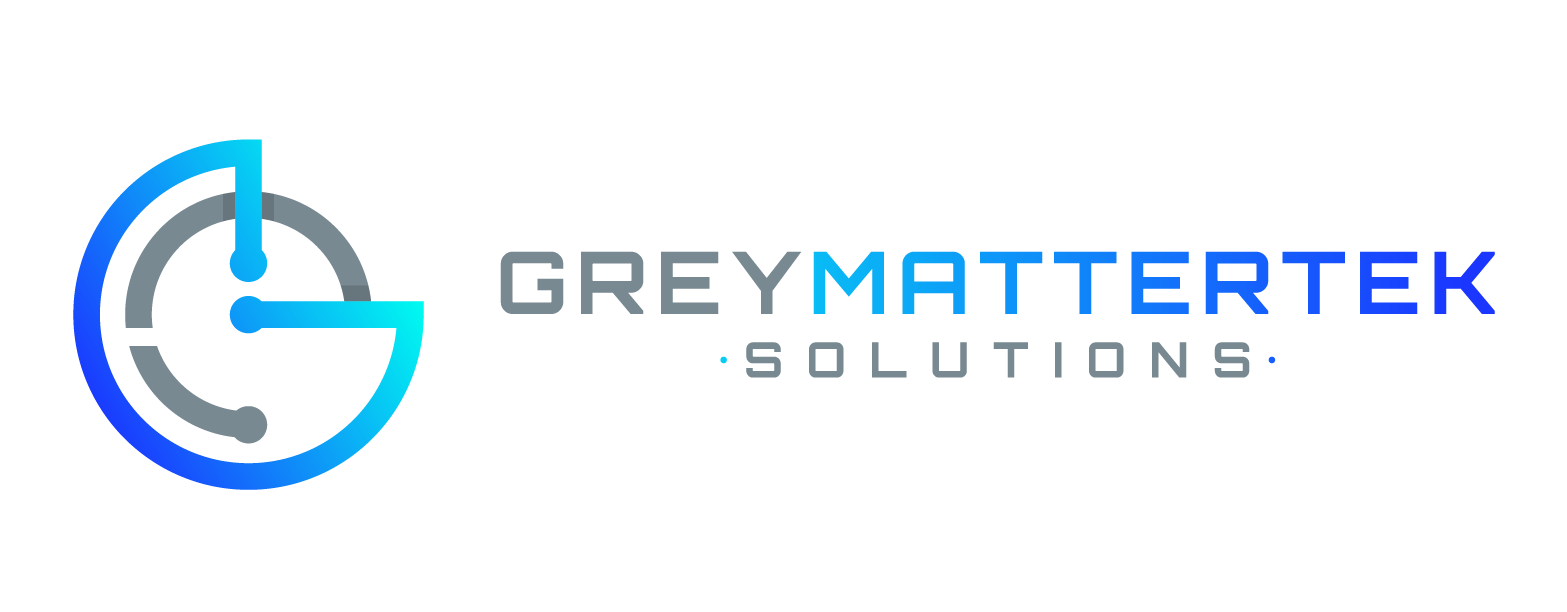The demand for AI engineers is skyrocketing as businesses across all sectors seek to harness the power of artificial intelligence. Hiring the right AI engineer, however, requires careful planning and understanding of their specific skills and the unique nature of the role. Here’s what you need to know:
1. Understand the Core Skills
AI engineering is a specialized field, and understanding the key skills required for success is crucial. AI engineers should possess strong proficiency in:
- Machine Learning: A solid grasp of various machine learning algorithms and frameworks (like TensorFlow, PyTorch) is a must.
- Programming Languages: Python, R, and Java are the mainstays, but other languages like C++ may also be useful, depending on your project needs.
- Data Analysis and Statistics: AI engineers work heavily with data, so a solid foundation in statistical analysis is critical for building models and interpreting results.
- Cloud Computing: Familiarity with cloud platforms like AWS, Azure, or Google Cloud can be advantageous for deploying and scaling AI solutions.
2. Look for Experience in Real-World Applications
While theoretical knowledge is important, hands-on experience is often what separates a good AI engineer from a great one. Look for candidates who have applied AI to real-world problems, whether through internships, research, or industry experience. Projects related to computer vision, natural language processing, or predictive analytics can provide insights into how candidates have used AI to drive tangible results.
3. Assess Problem-Solving Abilities
AI engineers face complex problems daily, and the ability to think critically and solve problems creatively is essential. Consider using case studies or problem-solving exercises during the interview process. This will give you insight into how candidates approach challenges, break down problems, and apply AI concepts to generate solutions.
4. Evaluate Communication and Collaboration Skills
AI engineers often work in interdisciplinary teams, collaborating with data scientists, developers, and business stakeholders. Strong communication skills are essential for explaining technical concepts to non-technical colleagues. In interviews, assess how well candidates articulate their ideas and how they’ve worked in team settings to develop AI solutions.
5. Consider Cultural Fit
In addition to technical skills, cultural fit is essential for long-term success. AI projects are often iterative, requiring a combination of persistence, curiosity, and the ability to work through failure. Look for candidates who demonstrate these traits and are enthusiastic about AI’s evolving landscape.
6. Use Multiple Evaluation Methods
The AI hiring process should go beyond a simple technical interview. Use a combination of portfolio reviews, coding challenges, and problem-solving tests to assess different aspects of a candidate’s skill set. Consider including peer reviews from your existing AI or data science teams to ensure the candidate’s work is aligned with the organization’s technical needs and values.
7. Leverage Specialized Recruitment Partners
Hiring AI engineers can be challenging, especially in competitive markets. Consider partnering with specialized recruitment firms that focus on technical talent. They often have a broader network and understand the nuances of AI hiring, helping you connect with top-tier candidates.
Conclusion
Hiring an AI engineer requires a clear understanding of both the technical and soft skills necessary for success. By focusing on real-world experience, problem-solving capabilities, and cultural fit, businesses can secure the right talent to drive their AI initiatives forward. Leveraging specialized recruiters and applying a thorough vetting process can ensure you find the best candidates in this rapidly growing field.
This approach to AI hiring will help you stay competitive and build teams capable of developing innovative, high-impact AI solutions.

